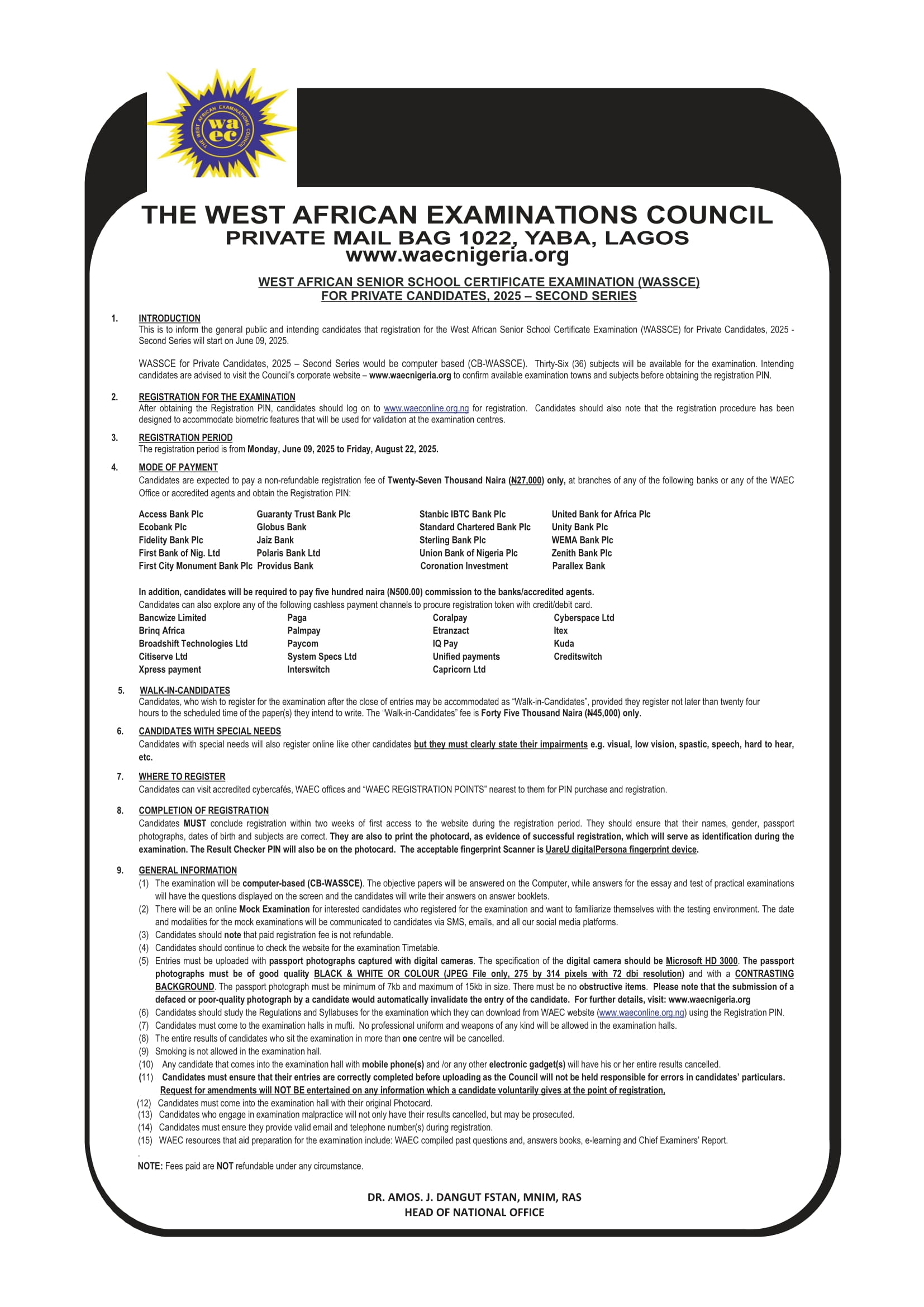
NAFDAC DG, Prof Mojisola Adeyeye
NAFDAC boosts capacity, invests N6bn in infrastructure

At least N6 billion of internally generated revenue of the National Agency for Food and Drugs Administration and Control (NAFDAC) has been invested in the past eight years to develop infrastructure.
NAFDAC’s Director General, Mojisola Adeyeye, said this is aimed at facilitating the global trading of Nigeria’s pharmaceutical products.
The Director General spoke at BusinessDay’s policy intervention series, focusing on NAFDAC’s role in economic development and transformation.
Adeyeye highlighted the agency’s significant restructuring and expansion efforts, explaining that the investment was devolved in enhancing laboratory capacity across the country.
According to her, this would position NAFDAC to achieve the World Health Organization Maturity Level (ML4) and World Listed Authority Status by 2025.
She said achieving higher global ratings for Nigerian medical products will boost their competitiveness in international trade, attract the trust of global organizations and encourage them to purchase these products for their interventions.
She cited UNICEF’s procurement trend in Nigeria, noting a substantial increase in the use of locally manufactured ready-to-use therapeutic food inspected by NAFDAC, from less than 100,000 cartons in 2018 to about 600,000 in 2023.
She added that economically, obtaining world-based authority means that medical products approved by NAFDAC can be traded globally.
She disclosed that at least 20 newly registered local drug manufacturers have set up WHO-compliant facilities to produce essential medicines, marking a 12 per cent increase in the number of active local Finished Pharmaceutical Product (FPP) manufacturers.
According to her, as of February 2024, NAFDAC received 143 applications for regulatory review and approval of new pharmaceutical layouts intended for local manufacturing, with 73 per cent receiving regulatory approval to commence construction.
She observed, however, that naira devaluation has impacted progress, with only 35 per cent of those approved having completed their setups and at different registration stages.
She outlined ongoing measures to ease business operations and meet global benchmarks, including eight new building construction projects in Oyo, Ondo, Rivers, Imo, Akwa-Ibom, Anambra, and Bauchi states.
She said NAFDAC is currently handling 26 projects, with four commissioned, five completed, and nine ongoing.
”Commissioned projects are located in Ogun, Osun, Kwara, and Lagos (NAHCO – import and export division). Completed projects are in Ebonyi, Yobe, Abuja, and Yaba laboratory in Lagos.
The director general explained that, ”Ongoing projects include developments in Sokoto, Kebbi, Zamfara, Plateau, Edo, Delta, and Enugu states, as well as a vaccine laboratory and renovation of the NAFDAC office complex in Isolo, Lagos state.”
She highlighted the reactivation of Information Communication Technology with hardware, software, and digitalization of regulatory processes, improving public access to information about the agency.
She also noted the ongoing procurement of over 140 vehicles for regulatory inspection.
”NAFDAC plans to establish desk offices across the 774 local government areas in Nigeria, with at least three desks per senatorial district.
”In terms of market control and trade, NAFDAC is responsible for preventing, detecting, and responding to substandard and falsified products in the market, controlling import and export activities, monitoring product quality and safety throughout the value chain, and ensuring compliance with statutory requirements at airports, seaports, and land borders,” she said.
About The Author

